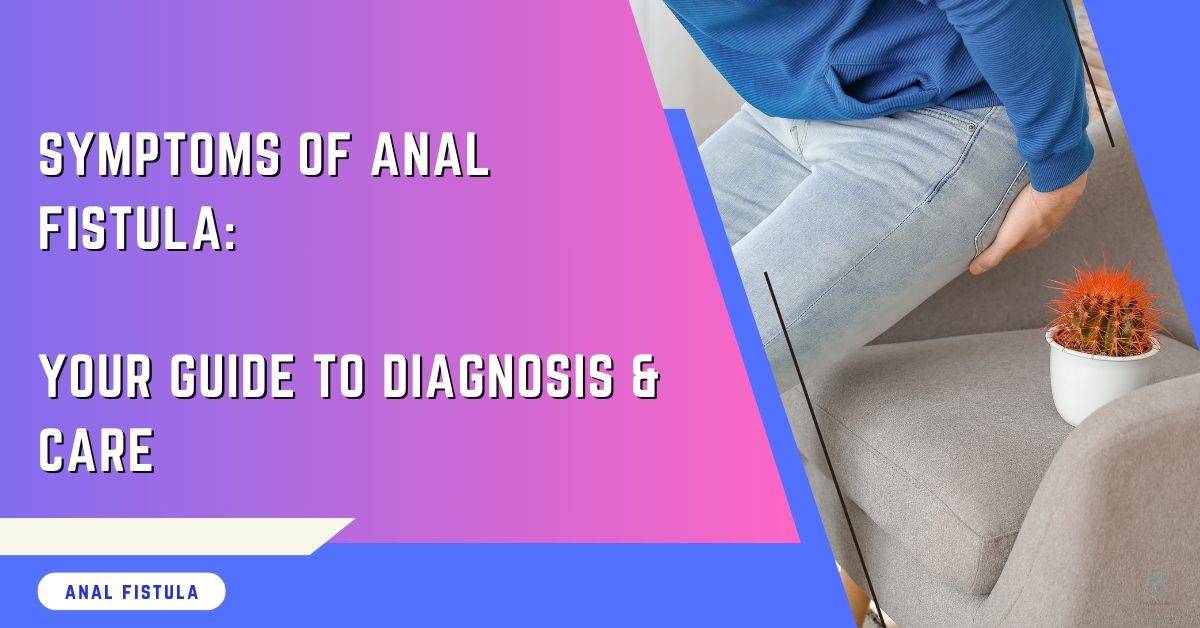If you’re wondering, “Why is my stomach bigger after gallbladder surgery?” you’re not alone. Many patients experience temporary abdominal swelling and bloating following a cholecystectomy, which is the surgical removal of the gallbladder.
This is a common concern among patients who have undergone this procedure, and it’s important to understand the reasons behind this temporary change in your body’s appearance.
Bigger Belly After Gallbladder Surgery: Know It Quick
- It’s normal: Some abdominal swelling and bloating are expected after gallbladder surgery.
- Temporary causes: Inflammation, residual surgical gas, altered bile flow, and bowel changes are usually to blame.
- Easing the discomfort: Gentle movement, over-the-counter gas remedies, and temporary dietary changes may help.
- Dietary adjustments: Focus on smaller, more frequent meals with less fat for a while.
- Watchful waiting: In most cases, the swelling should improve significantly within a few weeks.
- When to call your doctor: If swelling worsens, is accompanied by pain or fever, or doesn’t improve, please seek medical advice.

Reasons for Abdominal Swelling After Gallbladder Surgery
1. Surgical Trauma
During gallbladder surgery, your abdominal muscles and tissues are manipulated to access and remove the gallbladder. This surgical trauma can cause inflammation and swelling in the affected area, leading to a temporary increase in the size of your stomach.
2. Gas Accumulation
Laparoscopic gallbladder surgery involves inflating the abdomen with carbon dioxide gas to create space for the surgical instruments. Some of this gas may remain in the abdominal cavity after the procedure, causing bloating and discomfort. As your body absorbs the remaining gas, the swelling will gradually subside.
3. Fluid Retention
After surgery, your body’s natural response is to retain fluid as part of the healing process. This excess fluid can accumulate in the abdominal area, contributing to swelling and a temporary increase in stomach size.
4. Postoperative Digestive Changes
The gallbladder plays a role in digesting fatty foods by storing and releasing bile. After gallbladder removal, your body needs time to adapt to the continuous flow of bile into the small intestine. This adjustment period can lead to temporary digestive issues, such as bloating and gas, which may make your stomach appear larger.
5. Postoperative Pain and Inactivity
Following gallbladder surgery, you may experience some pain and discomfort in the abdominal area. This can lead to decreased physical activity and a more sedentary lifestyle during recovery. Lack of movement can contribute to fluid retention and constipation, both of which can make your stomach appear bigger temporarily.
Managing Postoperative Swelling
1. Follow Postoperative Instructions
Adhere to the postoperative guidelines provided by your surgeon, including activity restrictions, wound care, and medication management. Following these instructions will help minimize complications and promote a smoother recovery.
2. Gradually Increase Physical Activity
As you feel more comfortable, slowly reintroduce physical activity into your daily routine. Gentle walking and light exercises can help reduce swelling, improve circulation, and promote overall healing.
3. Wear Loose, Comfortable Clothing
Opt for loose-fitting, comfortable clothing that doesn’t put pressure on your abdominal area. Tight clothing can exacerbate swelling and discomfort.
4. Manage Your Diet
Gradually reintroduce solid foods into your diet as tolerated. Avoid fatty, greasy, and spicy foods that may cause digestive discomfort. Incorporate fiber-rich foods and stay hydrated to help prevent constipation.
5. Be Patient
Remember that abdominal swelling after gallbladder surgery is usually temporary. As your body heals and adjusts to the absence of the gallbladder, the swelling will gradually subside. If you have concerns about persistent or worsening swelling, consult your surgeon for guidance.
Final Note From Dr. Rajarshi Mitra
It’s important to remember that everyone’s recovery process is unique, and the duration of abdominal swelling may vary from person to person. By understanding the reasons behind this temporary change and taking steps to manage it, you can focus on your recovery and look forward to returning to your normal activities in due time.
Let me know if you have any other questions or concerns.

















